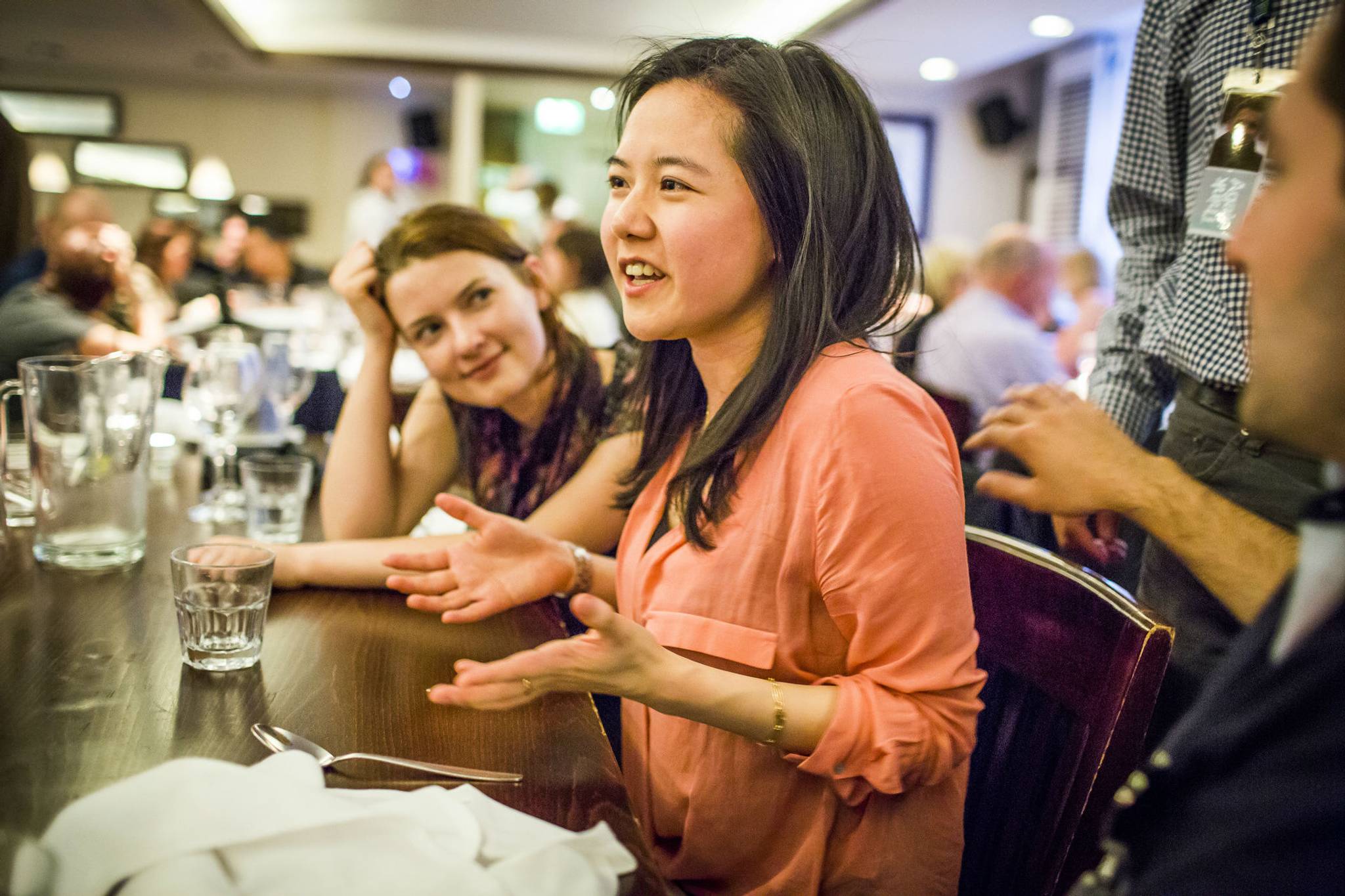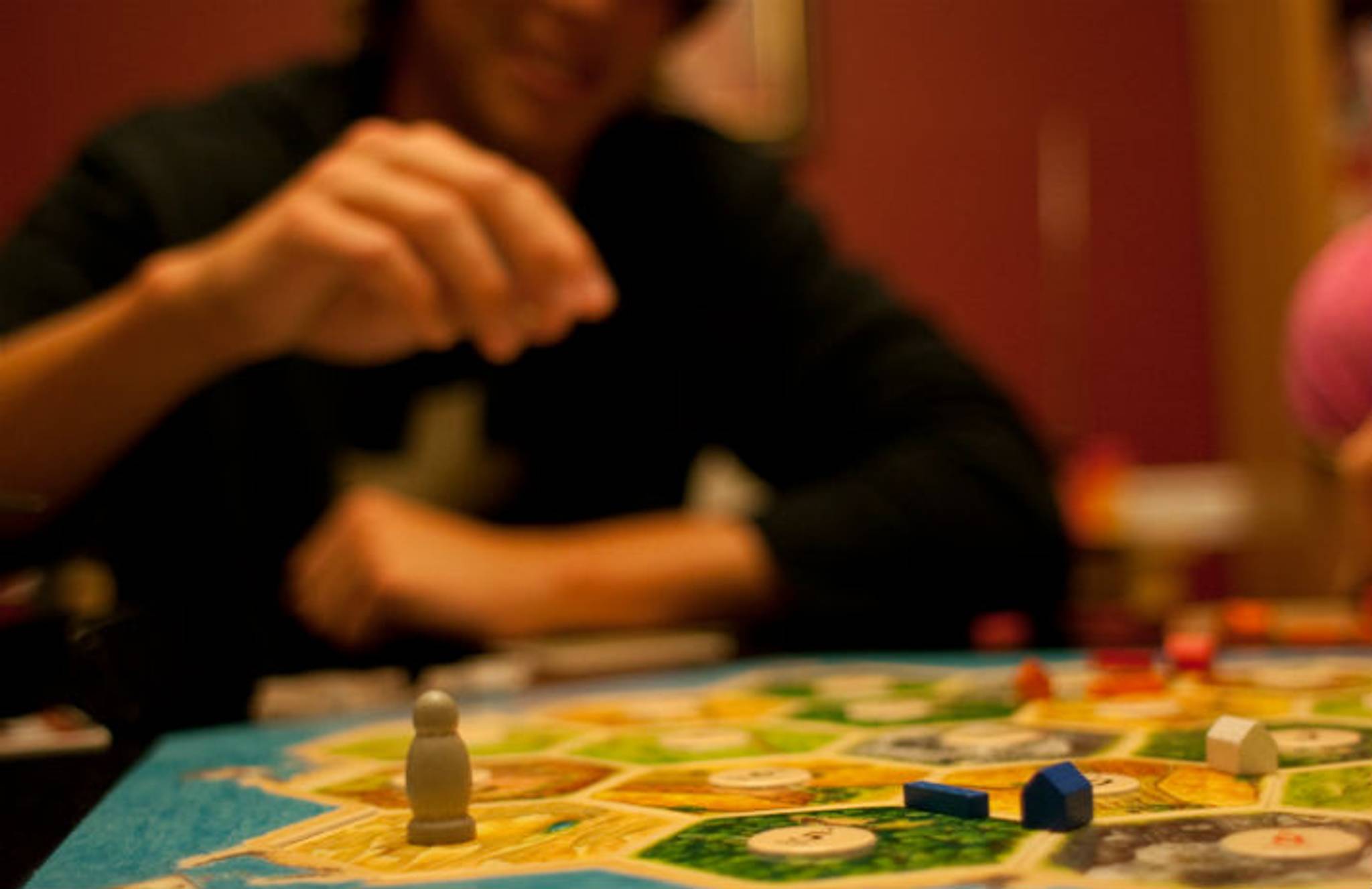
“Go to Jail. Do not pass Go, Do not collect $200.” Imagine a board game similar to Monopoly, which instead has cards instructing players to make use of suicide bombers, plane hijacks or weapons of mass destruction. While it may sound like the pretence of a dystopian novel, such a game really does exist. Created by Cambridge web designers Andrew Sheerin and Andy Tompkins in 2003, War on Terror: The Board Game encourages players to put themselves in the shoes of the government, and make decisions on what should be done to fight – or promote– terrorism. Following Sheerin’s talk at Nudgestock 2017, we explore how behavioural economics can be used to encourage people to think differently about the world.
The first board game to ever be seized by the police and classified as a weapon, War on Terror uses the persuasive power of play to explore and discuss the ongoing global war on terror. Spurred by the onset of the Iraq war in 2005 and dissatisfied with the absurdity of the situation, the Cambridge-based web designers Andrew Sheerin and Andy Tompkins founded TerrorBull Games and went on to design War on Terror to subvert the oncoming conflicts and create a game as simplistic as the narratives that were being fed to the public. "When we watched the news there was this endless sense of frustration and disbelief that, despite the mass marches and protests, we were off to war," says Sheerin. "We thought it was a ridiculous process that needed to be ridiculed."
“We blend politics, psychology, dark humour and a healthy dose of irreverence to make games that involve players on both superficial and surprisingly profound levels,” reads the site. Advocating the importance of play to challenge our worldview, at Nudgestock, Sheerin discussed the use of game formats and play theory, highlighting the ‘magic circle’ theory that looks into how play can be transformative and leave players taking on new experience and meaning. "A boardgame was able to make people think differently about a complex issue in ways other media couldn't,” he said.
The use of play to destigmatise political topics is not necessarily new – Monopoly was actually based on an anti-capitalist game originally intended to educate players about Georgism. Combining play with social commentary isn’t always welcomed with open arms; some traditional stockists refuse to stock TerrorBull’s controversial creations on the grounds that it might upset customers. But the company has since created games based around contentious (and humorous) scenarios – Metakettle looks at the police tactic of ‘kettling’ while Ewe of the Falklands encourages people to imagine how they would bring and end to the Falklands War if they were a pacifist sheep – to great effect.
As the saying goes, ‘don’t hate the player, hate the game’ – but it turns out the game may not be so bad after all. We’ve similarly seen apps like the Long Game – which gamifies the act saving money for a rainy day – apply game-like tactics to broader, and more serious, ideologies. TerrorBull Games reinforces the idea that sometimes the most effective way of making a serious issue palatable is by making it seem like it’s not so serious at all.
Hannah Callaghan is an account executive at Canvas8, which specialises in behavioural insights and consumer research. When she’s not helping clients navigate the deepest layers of the Canvas8 Library, she’s probably binge-watching RuPaul’s Drag Race or befriending other people’s dogs.



